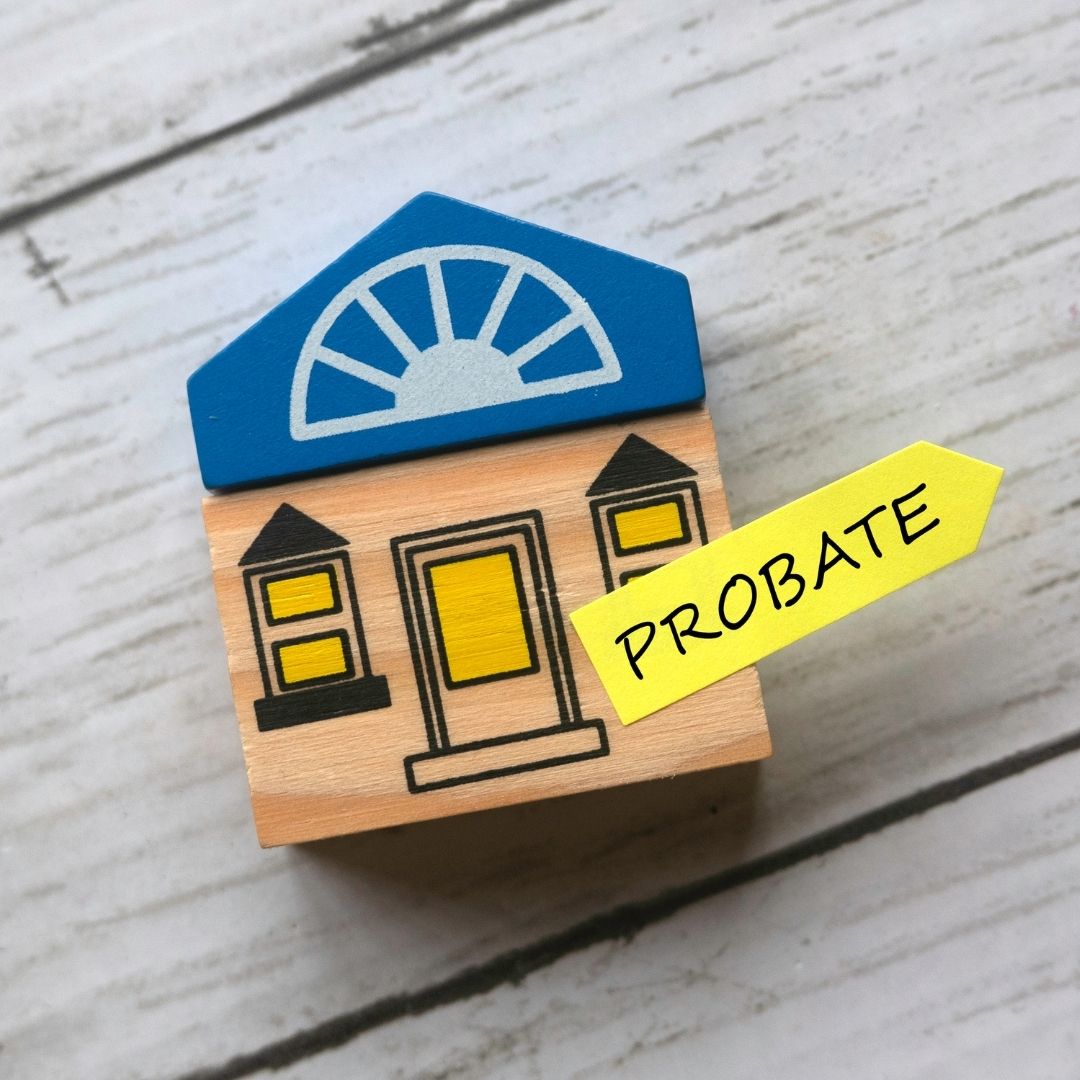
Just the word “probate” seems to stir anxiety in those who are already mourning the loss of a loved one. Understanding how the process works is vital to navigating that process with the least amount of stress possible. Making that more difficult is the fact that the process is often different in different states.
However, regardless of the state, one of the most pressing questions is often how quickly an inherited house can be sold. Handling this part of the estate properly is necessary to avoid fees, fines, and even legal charges. Consulting with a professional, like those at American Made Home Solutions, is an important step in handling a loved one’s estate.
Probate Process in North Carolina
In North Carolina, probate, as defined by FindLaw, is the process that happens after a person (the “decedent”) dies, regardless of whether the person died with a valid will or without a valid will. If a decedent dies with a will, then their property is distributed according to the will. If a person dies without a will, then North Carolina probate laws dictate how the decedent’s assets are distributed. Probate isn’t always required after someone dies; it depends on what assets the decedent owned.
NC Exceptions for Selling Inherited Home
In North Carolina, there are actually some exceptions for selling an inherited home before the probate process. These exceptions include Joint Ownership and Living Trusts. Another exception is when a specific individual is named as beneficiary of the real estate in the decedent’s will, but only if no debts are tied to the real estate.
Joint Ownership
If two people own property together and that ownership includes the “right of survivorship”, when one of the two dies, the remaining person automatically owns the joint property without having to go through probate. The remaining owner will, however, need to get the title transferred into just their name.
In North Carolina, there are two forms of joint ownership: “Joint Tenancy” and “Tenancy by the Entirety”. The differences may seem minor but are bound by law.
Joint Tenancy covers real estate, bank accounts, automobiles, and other valuable property that a couple – whether married or not – owns together. Upon the death of one of them, ownership of those jointly owned assets is transferred to the remaining owner without having to go through the probate process.
Tenancy by the Entirety, however, only applies to married couples, and only for real estate assets.
Living Trusts
A Living Trust can be set up in North Carolina as part of a person’s estate planning. This can be set up for most estate assets, including real estate. The trust document for a Living Trust is similar to a will, in that you name an individual to take over as a trustee after your death. This person is designated as a successor trustee.
The estate owner, the one doing the estate planning, must then transfer ownership of their property to themselves as trustee of the trust. It still belongs to them but will be controlled by the terms of the trust. When set up this way, at the owner’s death, the successor trustee will be able to disperse the assets of the trust (the estate) to the beneficiaries as instructed in the trust documents without first having to go through the probate court.
Specific Bequeath
The third exception is in the case of a specific bequeath. Under certain circumstances, when a specific individual is named as beneficiary of the real estate in the decedent’s will, they may be able to transfer the title of that property without having to go through probate, but only if no debts are tied to the real estate.
However, there are instances where the Executor of the Estate may petition the probate court to bring the home back into the estate to be sold to pay debts that, although not specifically tied to the home, may exceed the value of the other assets of the estate.
With all three of these exceptions, though, consulting with an expert like those at American Made Home Solutions is always a good idea. Probate laws can be confusing and even accidental mishandling of the estate can incur fees, fines, and even legal charges.
Conclusion
The probate process, in general, can be confusing and overwhelming. The fact that laws pertaining to that process often vary from state to state can make it even more confusing. Regardless of those differences, one of the most pressing matters in dealing with the estate of a deceased loved one is frequently how soon the house can be sold or transferred.
North Carolina allows some exceptions for that particular issue. The title to real property that meets the terms of these exceptions can be transferred without having to go through the probate process. However, you may still have to wait to actually sell the property until all of the debts of the estate have been determined and paid. So consulting with an expert, like those at American Made Home Solutions, is a wise step to take in the process. Contact us today to schedule a consultation.





